Admittedly, I have a long way to go on this new path we have found ourselves on, speaking of Charlotte Mason, yet I wanted to make an attempt to compare these two very popular styles of education. I am no expert and surely will be embarrassed at the simplicity of this post in a few years once I've had time to read all six volumes in Charlotte Mason's Home Education series and have walked a little further down the road. :)
Still I have had so many questions from readers about CM's ideas that I thought it would be a great way for me to synthesize all I've learned so far and possibly help another mom along the way! I do want to say that each time I refer to Classical Education it is Classical as presented in The Well Trained Mind, therefore I will use Classical Education and WTM interchangeably.
First I'll start with the similarities because there are many. Both Classical and CM...
Still I have had so many questions from readers about CM's ideas that I thought it would be a great way for me to synthesize all I've learned so far and possibly help another mom along the way! I do want to say that each time I refer to Classical Education it is Classical as presented in The Well Trained Mind, therefore I will use Classical Education and WTM interchangeably.
First I'll start with the similarities because there are many. Both Classical and CM...
- recommend a chronological study of history.
- use narrations.
- value the use of excellent literature with children, especially the classics.
- encourage the study of foreign languages.
- advocate teaching mostly the same subjects: history, penmanship, math, reading, spelling, foreign language, science...
But there are in fact multiple differences as well. Following are some of the things that make CM distinct from Classical. CM...
- employs a six year cycle for teaching history and encourages reading first hand accounts as much as possible along with other books that will capture a child's heart as well as his/her mind. Miss Mason maintained that retention is much higher when the heart is engaged! Classical uses a four year cycle and lots of great literature.
- uses narrations much more so than classical - in almost every subject area. Miss Mason says that children's narrations should be oral until the age of 11-12, and then they can be required to write them. Also, a CM narration looks different from a Classical narration. CM asks the child to recall in his/her own words using as much detail as he/she is able to remember. WTM focuses more on summarizing the most important points and children start writing their narrations much sooner as well.
- encourages systematic habit training, especially no dawdling.
- advocates using short, concentrated lessons until the age of nine - 15 to 20 minutes for most subjects.
- advises teaching a modern language to start; CM taught French in her school. WTM recommends starting with Latin.
- believes in delaying formal grammar until the age of ten. Classical starts grammar in first grade at the age of six.
- allows no abridgements, reading only the original versions of stories to children whom she assured, "are able to understand intelligent ideas told with intelligent language." (Vol. 1, Home Education, Modern Translation, p. 287)
- sees "masterly inactivity" as a priority each and every day. Masterly inactivity is "a purposeful letting alone" of our children each day to allow them leisure, time to explore and time to seek their own interests.
- believes that science is best taught through nature for the young child, again up to about eight or nine. Children go on frequent nature walks and are encouraged and taught to be observers of God's natural world. They handle only "real" materials and specimens - textbooks are not used. Classical education encourages a science sequence that corresponds to the history cycles: biology, earth science/astronomy, chemistry and physics to go along with anciencts, medieval, early-modern and modern history.
- sees the study of art, music and poetry as core subjects and not extras.
- does not believe in using textbooks for any subject with children - especially younger ones.
- emphasizes teaching children handicrafts that can be enjoyed for a lifetime (sewing, cooking, woodworking...) rather than cute "crafty" type activities.
- utilizes highly structured mornings with afternoons free for children to pursue their own interests.
- uses copywork and dictation to teach grammar and spelling. Classical uses these methods but not exclusively like CM.
Education is an atmosphere,
a discipline, a life.
~ Charlotte Mason
a discipline, a life.
~ Charlotte Mason
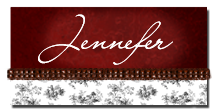

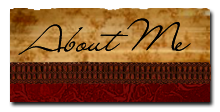

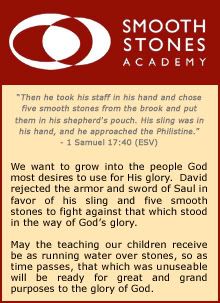

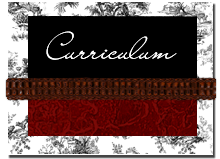
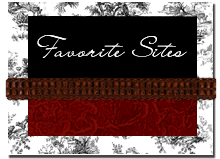
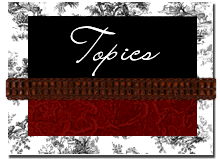

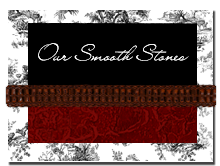
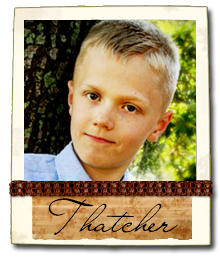
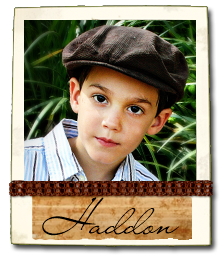
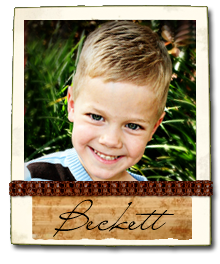
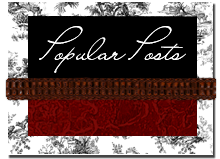
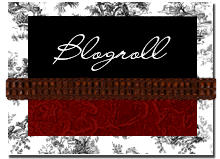
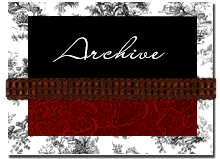

13 comments:
Great comparison! Thanks!
This was a very logical and detailed comparison! I have only touched on CM's books, and truly appreciate your effort to capture the ideas here.
Thanks for the information on both methods! When I first started homeschooling, I felt much more comfortable with curriculum that told me exactly what to do. Now, I am more confident and am really looking at other methods that will help me meet my children's individual needs. This information helps! :)
good words, Jen. I especially love her quote you posted at the bottom - very much my heart. Thanks!
Thanks for the comparison. It's so easy to sorta lump them together at times, but they really are two different styles w/different emphasis.
oh wow, I haven't caught up on your blog in a while. I'm going to come back as soon as the kids are down for the night!
Thank you for this--for your time and effort! I REALLY appreciate being able to read this post.
You're so thoughtful.
This a great comparison and I enjoyed reading it since I am a Classical/CM homeschooler.
I need to print this out and keep it beside me as I finish planning next year for the boys....10th and 11th grades. It is easy to slip back into textbook only type thinking when you are facing the high school challenge.
I am trying to keep good tracks so that those of you coming after me will be able to see where I went with the combination in the upper grades.
Barb-Harmony Art Mom
Great article. I've been a bit discouraged homeschooling my 2 children in grades 4 and 1 lately. We use traditional worksheets you might find in a classroom. I'm looking for a new approach for the next year this is definately something I will look into further.
It seems like so many classical homeschoolers are turning CM! I find it exciting as that is where we've been headed for a bit as well. :)
What a great comparison. Plus, your blog is beautiful.
A most helpful evaluation of CM philosophy! I'm bookmarking this for future reference.
I like how you really pinpointed the differences!
I find myself going back and forth between the two.
I feel that C.M.is a gentle, natural type of learning and Classical, a more structured type of learning.
Post a Comment